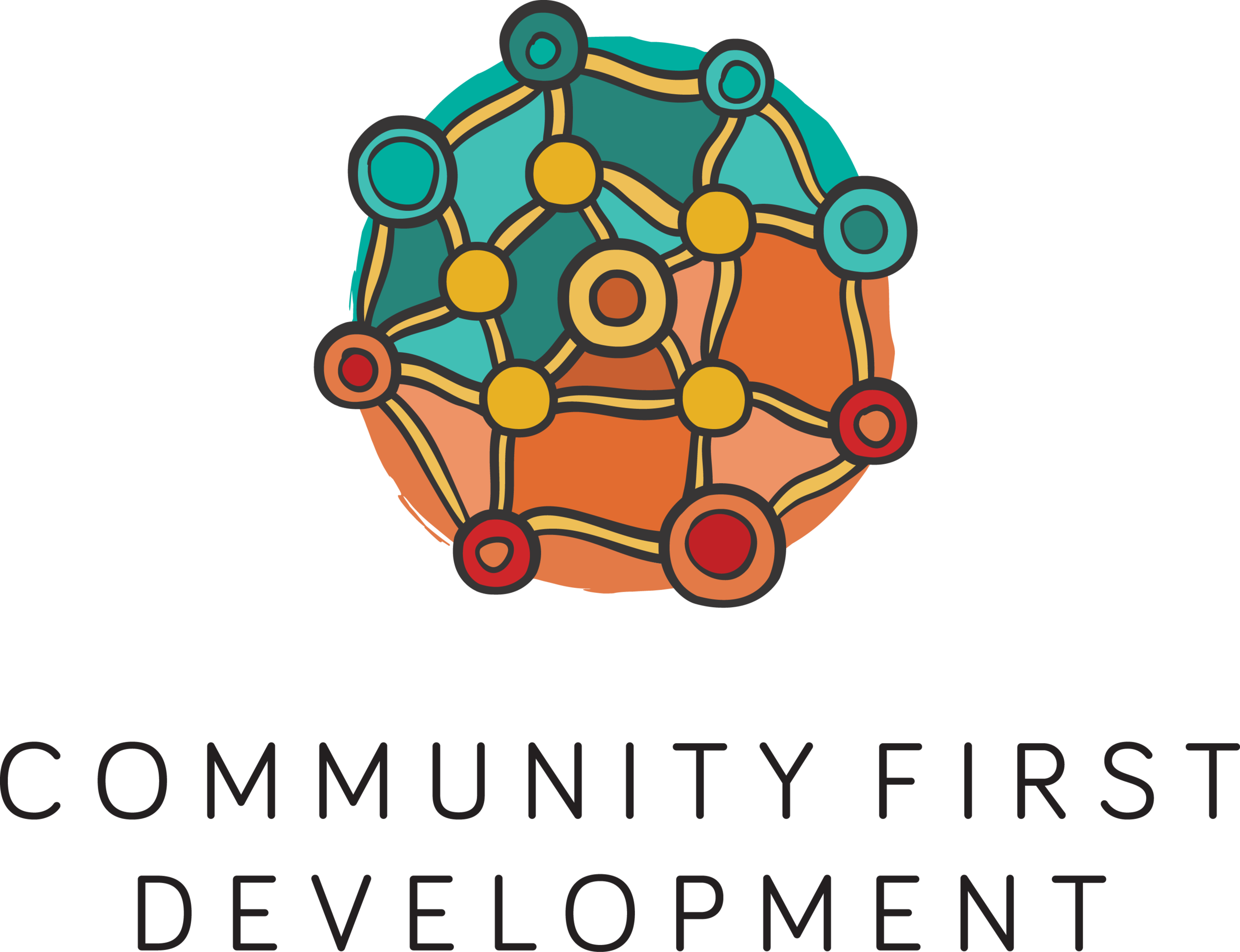Why Relationships Matter, International Volunteer Day
We are often asked, how can I volunteer for Aboriginal or First Nations communities? Our response: it’s all about relationships.
Why are relationships important, and how do we build them with First Nations’ communities?
For us, volunteering is more than lending a hand - it’s about building genuine, respectful relationships with First Nations’ communities.
Because solutions to both local issues and broader, systemic challenges, are only possible when those involved trust and respect each other.
On this International Volunteer Day, we celebrate the incredible relationships between our volunteers and First Nations’ community partners.
Build the foundation - listen
When our volunteers first arrive in a community, they understand that their role is not to lead, but to listen. They don’t come with ready-made solutions or quick fixes. Instead, they take the time to build relationships with community members, understanding their hopes, struggles, and unique perspectives.
The process starts with small steps - gathering around a table, sharing stories, and learning the community’s history, culture, and values. It’s about showing up and demonstrating that everyone’s voice is heard and valued.
This is how trust begins to grow.
Communities need to feel confident that volunteers and other partners are truly committed to their success, not just there for short-term gains.
Through these conversations, volunteers gain insights into the importance of cultural knowledge, the significance of land and kinship, and the challenges that communities face.
Listening is an active demonstration of respect and humility that sets the tone for genuine partnership.
Respect local knowledge
Respecting the community’s knowledge is equally important.
First Nations communities have deep, rich histories and wisdom that often go unrecognised by outsiders. Volunteers must approach their work with humility, acknowledging the expertise of those who have lived and worked on the land for generations.
When respect is mutual, people are more willing to share ideas, collaborate, and contribute. By listening carefully, volunteers help amplify the community’s voice rather than overpower it. This creates an environment where solutions are born from within the community, ensuring that they are not only effective but also sustainable.
Our volunteers often spend months, even years, working with communities, slowly building rapport and demonstrating their dedication. This consistency is especially important in communities that have experienced broken promises in the past. By being present, reliable, and accountable, volunteers help rebuild trust and create safe spaces for collaboration.
From trust to action
As relationships grow stronger, so does the capacity for action.
Trust and respect allow for open, honest conversations where solutions can be discussed, debated, and refined. Whether it’s developing a local enterprise, creating health programs, or advocating for rights, the work is driven by a shared vision.
It’s important to understand that trust is not built overnight. It’s nurtured through consistency, reliability, and a genuine commitment to the community’s long-term success. This means showing up, being present, and respecting the pace at which the community chooses to move.
Many volunteers speak about how their experiences have reshaped their understanding of community, leadership, and success. They come away with a deeper appreciation for the strength and wisdom of First Nations people and a renewed commitment to genuine allyship and advocacy.
The role of culture and storytelling
Cultural expression in safe and supportive environments is a powerful element of relationship building.
Volunteers may be invited to participate in cultural activities and storytelling sessions, deepening their connection to the community and its traditions. These experiences create a sense of belonging and shared purpose, strengthening the partnership.
We understand that relationship building is an ongoing journey.
We encourage our volunteers to embrace this journey, knowing that the connections they build are as important as the projects they support.
Thriving together
Ultimately, it’s this foundation of trust and respect that supports communities to thrive. With these values in place, even the most complex challenges become opportunities for growth and transformation.
When trust and respect is present, everyone’s contributions are valued. Volunteers who embrace these principles not only support immediate projects but help create an environment where long-term success is possible.
Only when trust and respect are established can partnerships thrive and lead to effective, meaningful outcomes.
To learn more about volunteering with Community First Development, check out our Frequently Asked Questions.
